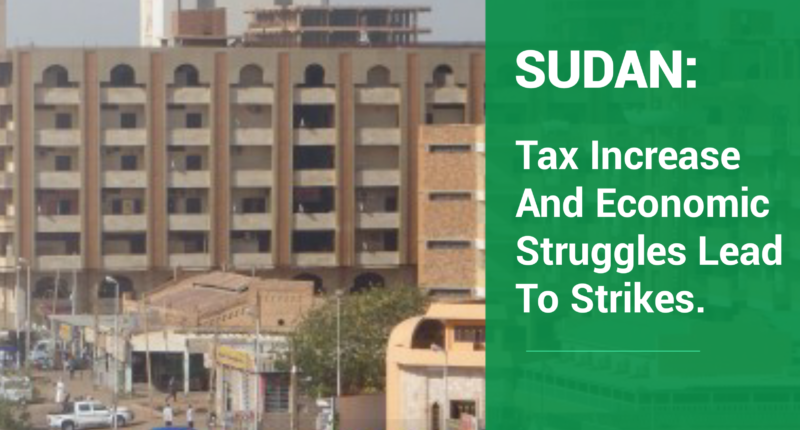Workers and businessmen have gone on strike in various parts of Sudan in recent days to protest higher taxes and fines. Workers also protested unpaid wages and the failure to implement the agreed salary structure for 2022. Some strikes and protests were also held in response to political disagreements.
Why is this happening?
Sudan’s economy is in jeopardy, and poverty rates are likely to be greater than previously recorded. Most Sudanese are struggling to meet their basic necessities due to growing prices and poor incomes.
When the military gained control in a coup on October 25, 2021, the government lost more than $4 billion in international backing garnered by the previous government of PM Abdallah Hamdok.
For the public, anger escalated now that state governments proposed major tax increases to augment their income, resulting in strikes and rallies.
What’s more
Sennar’s market shopkeepers went on strike, and all businesses closed on Sunday to protest the tenfold rise in taxes. Not only have market sellers and shopkeepers gone on strike, but so have private health facilities such as clinics, pharmacies, and medical laboratories.
Junior doctors at all Sudanese hospitals went on strike for three days on Sunday because their salaries had not been paid for eight months.
Going forward
Exports have also declined dramatically since the coup, resulting in a loss of cash, and the Finance Ministry just indicated that it expects no foreign support for the 2023 budget. These circumstances do not bode well for the state treasury.

